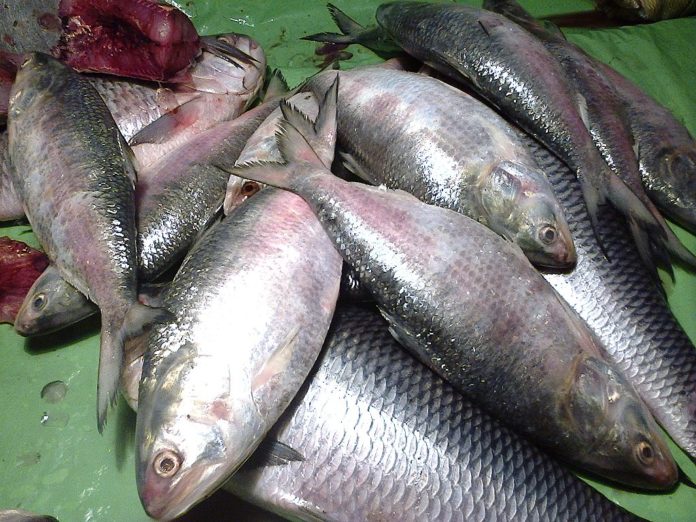Replacing part of the red and processed meat in diet like in steaks, with fish has health benefits
There are significant health benefits if you substitute part of the red and processed meat in your diet with fish, according to new study from Denmark. Men over 50 and women of childbearing age in particular would benefit from such a change in diet.
Fish is an important source of healthy fatty acids and vitamin D. Red and processed meat contributes to the intake of saturated fat in the Danish diet and is associated with the development of different types of cancer, but red meat is also an important source of e.g. dietary iron. Replacing red and processed meat with fish in the diet can therefore have a health impact on human health.
“The Danish population as a whole can gain up to 7,000 healthy years of life annually, if all adult Danes eat fish in the recommended quantities while at the same time reducing their meat intake. This estimate covers among others the prevention of approximately 170 deaths from coronary heart disease per year,” said Sofie Theresa Thomsen, a PhD student at the National Food Institute, Technical University of Denmark.
Results showed that everyone over the age of 50 years but the men in particular – as well as women of childbearing age will reap the greatest health benefits from eating 350 grams of fish weekly, of which 200 grams are fatty fish
The greatest health benefit comes from eating only fatty fish (such as herring and mackerel) or a mixture of fatty and lean fish (such as plaice and pollock), while a smaller health gain is achieved by eating only lean fish. This is because fatty fish contain larger amounts of beneficial fatty acids.
On the other hand, the calculations show a significant health loss if tuna is the only type of fish in the diet, because tuna is both low in beneficial fatty acids and can have high concentrations of methylmercury which could be detrimental to the developing brain of a child.
The study also shows that vitamin D levels will improve significantly by replacing some of the red and processed meat with a mixture of fatty and lean fish, and proportion of Danes with an insufficient intake of dietary iron will not increase despite the lowered meat intake.
Results showed that everyone over the age of 50 years but the men in particular – as well as women of childbearing age will reap the greatest health benefits from eating 350 grams of fish weekly, of which 200 grams are fatty fish.
“In women of childbearing age the health benefit is particularly large because the intake of fish containing healthy fish oils will not only benefit the women themselves. The health-promoting properties of fish will also have a beneficial effect in the development of their unborn children, which is taken into account in the overall calculations,” Sofie explained.
